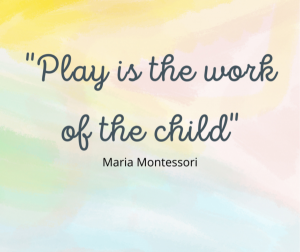By Tania Gaffney – Deputy Principal Primary
Kia Ora Koutou,
Often in Primary School the question is asked by parents – “What has happened to my sweet pre-schooler?” Montessori often referred to the primary years as the age of rudeness.
In Montessori speak, we often talk about the planes of development. Pre-school is the first plane and primary is the second plane. It can take many months for ākonga to transition from one to another. For a very long time they can have a foot in both camps. The physical changes are easier to see e.g. coarser hair, teeth falling out, and the face thinning out, but the social, emotional, and intellectual changes can be harder to spot.
Tamariki are transitioning from the absorbent mind to the reasoning mind; from thinking about self to beginning to think about others; from thinking about the here and now to being able to think about the past, the future, or any situation that is not concrete or sensorial.
When children come into the primary this will be the first time that they are interacting with others with this newly forming reasoning mind (although when they first start, they are still in the first plane). They are developing this ability at varying speeds. Primary ākonga are attracted to the group; they have a need to be with others that are outside of the family now. This is where we need to understand that tamariki are learning the skills to go with this need, just as they are learning the skills to read or write and it can take a long time – in fact, it takes a lifetime and this is just the beginning, therefore mistakes will be made and feelings will be hurt.
In primary we often talk about the social and emotional curriculum and remind ourselves that this is a ‘big work’ for the child. Some of the internal struggles of the child at this age might be – What do I do if someone annoys me? What if I want to annoy someone else, what could happen? I know that if I say this to that child this will happen – should I do that? How do I react if someone touches my stuff? How do I ask to play or work with someone? What do I do or say if they say no or yes? What if someone else asks me to play or work with them and I don’t want to – what do I do? If I am doing a shared project how do we split the work – there are just a million interactions to think about over a day.
For progress in this area to be made we need to provide the environment where children can practice these social skills again and again. Although there is the occasional time for this, if we are always telling them what to do e.g. deciding the work groups, dividing the work, managing their time, then they are never able to practice to improve. It is our job as the adult to help them navigate their way through this time of building their social skills and being able to interact with one another in civil ways.


